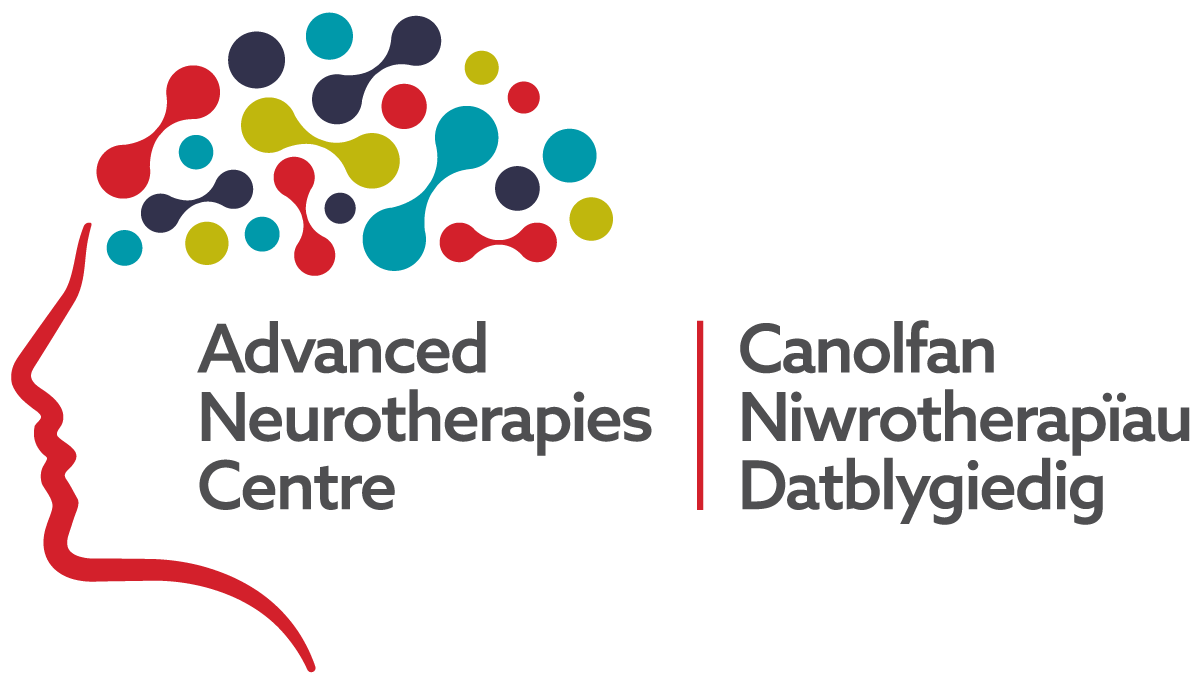The development of advanced therapies often stops because lab experiments on animals don’t accurately predict how human tissue will respond. This creates a gap between lab research and the first human trials. Researchers at the Advanced Neurotherapies Centre are using ground breaking techniques that investigate gene activity in individual cells and their locations within tissues to address this problem.
At Cardiff University, we’ve developed unique expertise in culturing live human brain tissue for research. This helps us confirm that drugs actually reach their targets and to check for other side affects such toxicity (which describes where a medicine may cause harm to cells and tissues instead of benefit). Knowing this kind of information at early stages makes it more likely that the jump from lab testing to human trials is successful.
Our researchers generate living brain tissue from both adult and foetal surgical samples for advanced medical product research. These living tissue samples aren’t limited for use in any one disease – researchers can use them to study a range of disorders including neurodegenerative disease, epilepsy and brain cancer.
We’re also working with partners to prepare our cell product for its first human trial in people with Huntington’s disease. At the same time, we are patenting our manufacturing process for producing specialised brain cells (medium spiny neurons) needed for this treatment.
Our researchers at Swansea University are working on advanced techniques that analyse fats (lipidomics), genes, and brain tissue. This work aims to better understand the biological differences in brain diseases involving degeneration and inflammation. The findings will help discover new advanced therapies, identify ways to measure treatment effectiveness, and select appropriate patient groups for clinical trials.
